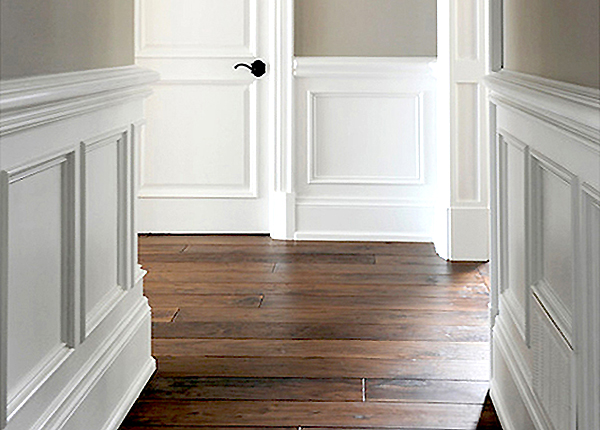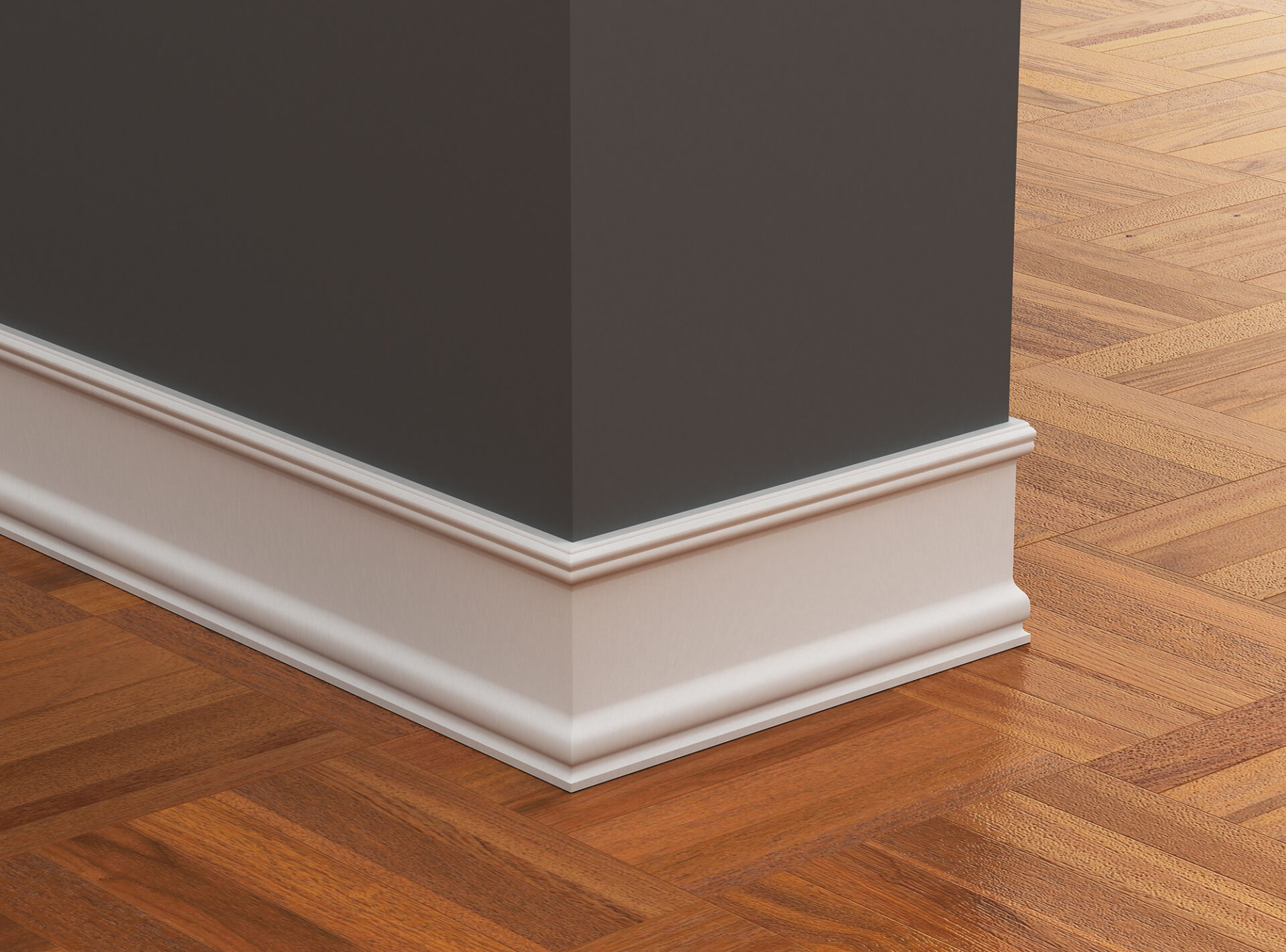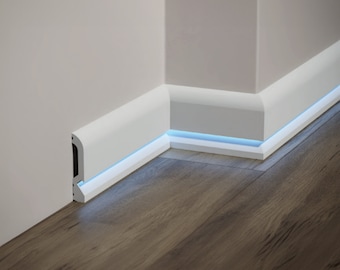Decorative base molding serves as the perfect finishing touch to any room, blending functionality with aesthetics. Whether you’re a seasoned DIYer or a homeowner looking to refresh your space, this comprehensive guide will walk you through everything you need to know about decorative base molding. With personal insights and useful tips gathered from my own experiences, you’ll find the information engaging and easy to digest.
What is Decorative Base Molding?
Decorative base molding, often referred to as baseboards or skirting boards, acts as a transition between the wall and the floor. Not only does it hide the joint where these two surfaces meet, but it also adds character and elegance to a room. Available in various styles and materials, base molding is an essential element in any home improvement project.
Types of Decorative Base Molding
When it comes to decorative base molding, choices abound. Below are the most common types:

- Traditional Baseboard: Simple and versatile, these moldings often feature a straight edge.
- Crown Molding: Often used at the top of the wall, it can also be integrated with base molding for added flair.
- Beaded Base Molding: Features a small bead detail running along the edge, lending a more classic look.
- Flat Baseboard: Smooth and modern; it suits contemporary décor.
- Extended Base Molding: Taller options that can create a dramatic effect in large rooms.
Benefits of Using Decorative Base Molding

Integrating decorative base molding into your interior design has numerous advantages:
- Aesthetic Appeal: Enhances the overall look of the room and adds architectural interest.
- Protection: Shields walls from scratches and damage from furniture, vacuums, and foot traffic.
- Concealing Gaps: Hides uneven edges, wires, and gaps between the wall and floor.
- Easy Installation: Many styles are user-friendly for DIY projects.

Choosing the Right Base Molding for Your Space
Choosing the perfect decorative base molding requires careful consideration. Here are some factors to keep in mind:

1. Style of Your Home
Consider whether your home is modern, traditional, or somewhere in between. The style of your base molding should complement your existing decor.

2. Height and Thickness
Taller baseboards can create a grand effect in larger rooms, while shorter styles are typically more suitable for smaller spaces. Additionally, thicker baseboards can add dimension.

3. Material
| Material | Pros | Cons |
|---|---|---|
| Wood | Natural beauty, durability | Costly, susceptible to warping |
| MDF | Cost-effective, easy to paint | Not as durable as wood |
| Plastic | Water-resistant, low maintenance | Can look cheap, limited designs |
| Composite | Environmentally friendly, durable | Typically more expensive |

Popular Decorative Base Molding Styles
Knowing the popular styles can guide your decision-making process:
- Farmhouse Style: Wide planks with rustic accents.
- Contemporary Style: Sleek and minimalistic.
- Victorian Style: Intricate details and historical design elements.
- Art Deco Style: Bold lines with a glamorous feel.
Installation Guide for Decorative Base Molding
Installing base molding can be a rewarding DIY project. Here’s a step-by-step guide based on my personal experience:
Tools and Materials Needed
- Base molding
- Measuring tape
- Miter saw
- Nail gun or hammer
- Painter’s caulk
- Primer and paint
Installation Steps
- Measure Your Walls: Accurate measurements will ensure that you buy the right amount of molding.
- Cut the Molding: Use a miter saw to make precise cuts, especially at corners.
- Dry Fit: Before securing, dry-fit the pieces to check the alignment.
- Attach the Molding: Use a nail gun for quick application.
- Fill Gaps: Use caulk to fill in any visible gaps for a polished look.
- Paint or Stain: Finish with your desired color or stain.
Pro Tips for a Successful Installation
- Always cut your molding at a 45-degree angle for corners.
- Use adhesive for extra security if the wall surface is uneven.
- Consider priming before installation for a smoother painting process.
Maintenance of Decorative Base Molding
Keeping your base molding in pristine condition is straightforward. Here’s how:
- Dust Regularly: A damp cloth is often sufficient for dust removal.
- Inspect for Damage: Periodically check for chips or cracks and repair as needed.
- Repaint When Necessary: Touch up or repaint every few years to keep it looking new.
Common FAQs about Decorative Base Molding
1. What is the standard height for base molding?
The standard height typically ranges from 3 to 5 inches, but can vary based on personal preference and room size.
2. Can I install base molding over existing molding?
Yes, you can layer base molding for aesthetic purposes, but ensure that the added weight does not affect the existing molding.
3. What is the best material for base molding in high-moisture areas?
Plastic or composite materials are ideal for high-moisture areas, as they are resistant to warping and deterioration.
4. How do I remove old base molding without damaging the wall?
Use a pry bar gently, and consider cutting through the paint seam first for a cleaner removal.
Conclusion
Decorative base molding may seem like a small detail, but it can make a huge difference in your home’s aesthetic and functionality. Armed with this guide, you now have the knowledge to select, install, and maintain base molding that can transform your space. Whether you go for a classic look or a contemporary design, this charming addition will surely enhance the beauty of your home.
Thank you for joining me on this journey into the world of decorative base molding. Happy decorating!